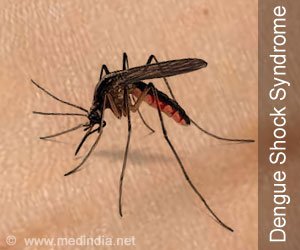Dengue Risk Linked to Tap Water Access

The country is in dire need of new strategies to target dengue hotspots and control the virus’s spread, even though previous attempts, such as using insecticides at egg-laying sites, have been successful in the past.
Researchers from France conducted surveys across Delhi to analyze social and environmental risk factors for the virus. Dengue antibodies were measured in 2,107 individuals along with mosquito larval prevalence in 18 areas within Delhi and the socio-economic factors across the city.
Advertisement
Findings showed that 7.6% of the participants were tested positive for dengue virus antibodies, indicating recent or current infection. Areas with abysmal access to tap water (less than 61% of houses having access) were found to be at a higher risk of exposure to the virus. These areas were the only ones to register dengue cases between epidemics.
However, wealthy areas had a higher risk of recent infection than middle-class areas, despite relatively low mosquito densities. This could be due to the import of the dengue virus by commuters coming into these areas the day.
The researchers suggest that improved access to tap water could reduce dengue, not only for those directly affected but also for the general population.
They recommend, “Targeted intervention through mosquito control in winter in the socially disadvantaged areas could offer a rational strategy for optimizing control efforts.”
Source: Medindia
Source link
#Dengue #Risk #Linked #Tap #Water #Access



